Wormwood Tea
What is wormwood tea?
Wormwood tea, a well-known herbal infusion with a typical bitter taste, is made from the dried leaves of the wormwood plant (Artemisia absinthium), native to North Africa, Europe, and Asia. Due to its different medicinal properties, it has been used for countless generations in various countries.
History
In the past, the flowers, leaves, and upper shoots of wormwood were used in conventional herbal medicines. It was frequently employed to treat gastrointestinal parasites in the Medieval Ages. During the 19th-century, an alcoholic beverage with a blue-green color and tart taste was created from wormwood oil together with some other herbs like fennel and anise. The drink, known as absinthe, was popular among European writers and artists, including Oscar Wilde, Hemingway, Picasso and Van Gogh.
Wormwood tea benefits: what is it good for
Useful for digestion
Its consumption can provide relief from different issues of digestion including gas build up, heartburn, burning in the stomach, and abdominal pain. Thus, it can be considered as an herbal remedy for people suffering from gastritis. Its use is also known to promote appetite, making it beneficial for those with anorexia.
Malaria
Tea made from a sweet wormwood variety, found in Asia, is traditionally used for the treatment of malaria. However, more clinical evidence is needed to back its efficacy.
Antiparasitic properties
The decoction can be used as a vermifuge to stop parasites from reproducing and harming the body. Additionally, it also heals any damage caused by parasitic disorders.
Its anthelmintic effects are useful in detoxifying the body from harmful toxins, and thus support the liver as well as the immune system functions.
Women’s health
It stimulates uterine contractions, helping during labor and delivery. Apart from regulating the menstrual cycle, its diuretic property helps in reducing bloating during menstruation.
How to make wormwood tea
- Place half to one teaspoonful dried wormwood leaves in a teapot
- Pour a cup of warm, but not boiling water into it
- Steep it for four to five minutes
- Strain the mixture
- Add sugar or honey to sweeten it
- To reduce the characteristic bitterness, you may add some other herbal teas like anise or peppermint before steeping the mixture in hot water
The leftover strained leaves can also be used as a poultice, which might help in various skin problems including skin blotches, wounds, ulcers as well as skin rashes caused by insect bites.
Precautions and side effects
Only thujone-free wormwood tea that are available in the market should be used for consumption. Thujone (a potentially harmful compound), if present, can cause tremors, vomiting, stomach cramps, nightmares, restlessness, muscle breakdown, seizures, numbness in legs and arms, thirst, etc.
Avoid taking this tea for more than three weeks. Those prone to developing allergic reactions should talk to their healthcare professionals before its consumption.
Consumption during pregnancy
Pregnant and breastfeeding women should consult their doctors before consuming this tea.
Where to buy wormwood tea
Organic wormwood tea in the form of dried leaves and tea bags can be easily purchased online and from reputed tea stores.
Article was last reviewed on 23rd July 2021
Related Articles
Leave a Reply
One thought on “Wormwood Tea”
Leave a comment
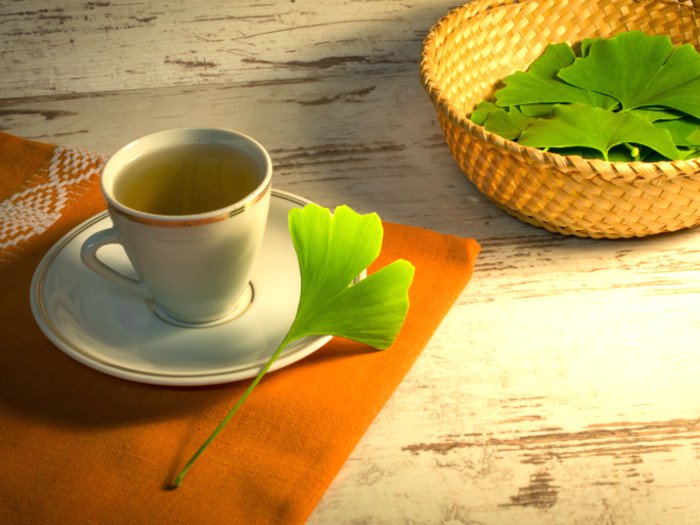
Ginkgo Biloba Tea
The Ginkgo Biloba tea is an herbal infusion obtained from the extract of the dried leaves
Read more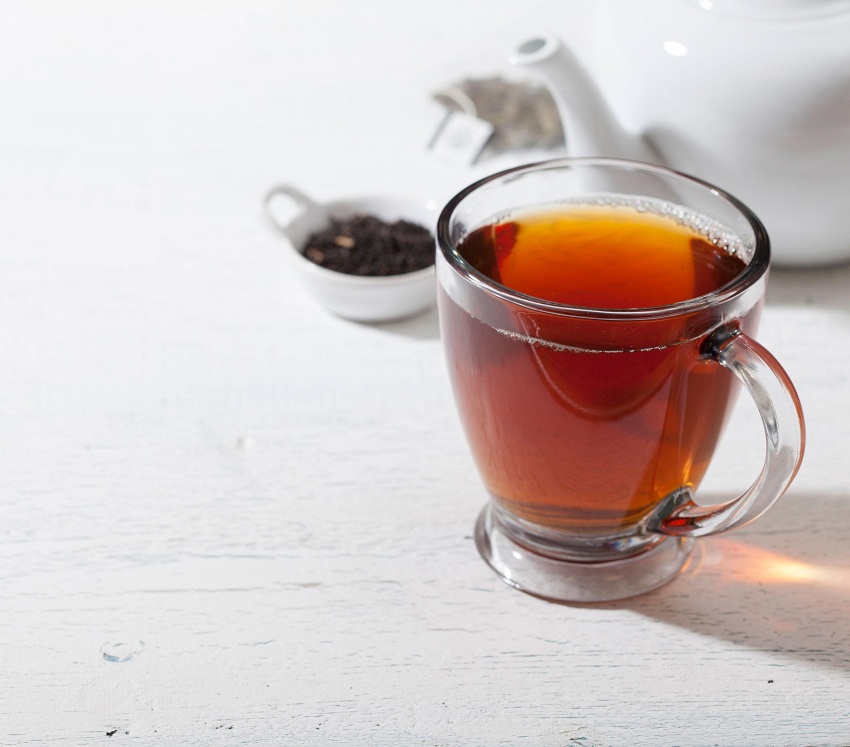
Black Tea
Black tea, belonging to the same group as the green, white and oolong teas is the most oxi
Read more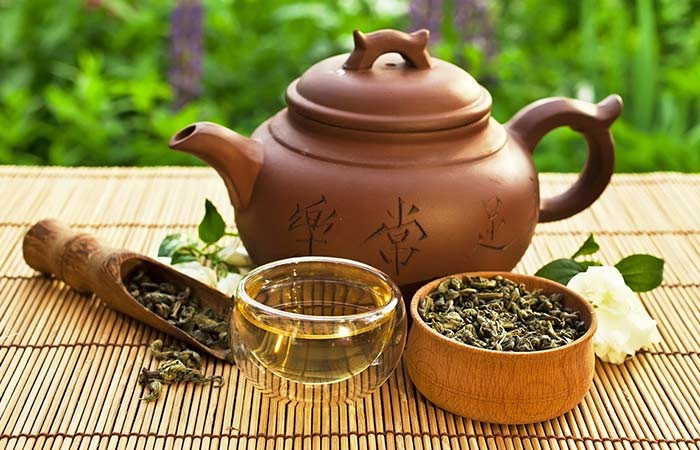
Oolong Tea
What is oolong tea Oolong, a traditional beverage of China, is prepared from the buds, st
Read more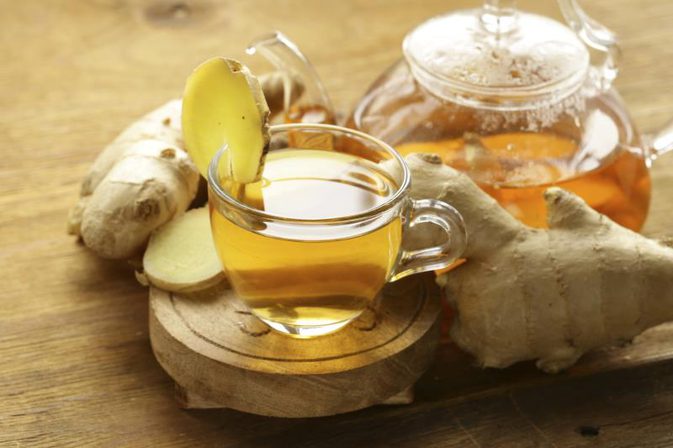
Ginger Tea
Ginger tea, prepared from the roots of ginger, is a popular herbal beverage of Asia. Becau
Read more
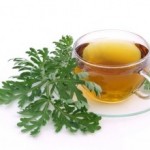

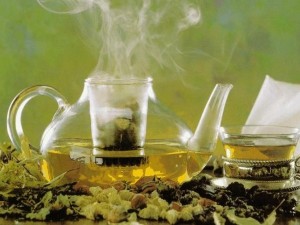
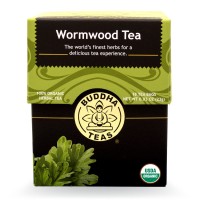
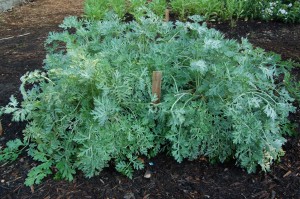
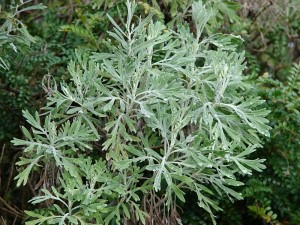
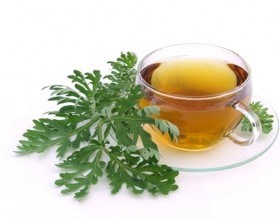
Will the dried wormwood leaves have any side effects with diabetic insulin and diabetes medications or blood pressure meds as well as cholesterol meds if consumed as a hot tea